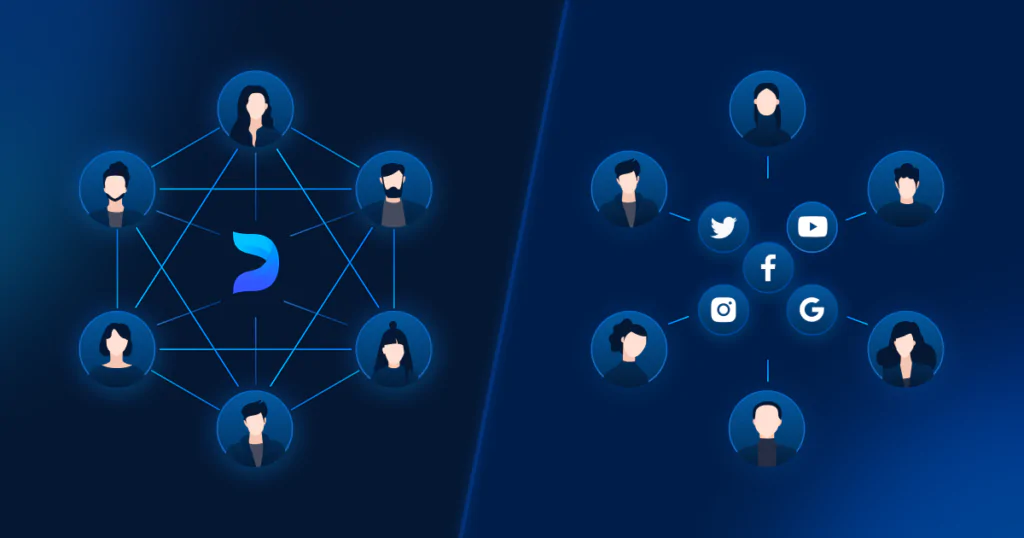Let’s be honest—social media isn’t what it used to be. Between algorithm changes, data privacy scandals, and the ever-looming shadow of censorship, users are getting restless. That’s where decentralized social media platforms come in. They’re flipping the script, handing control back to users, and honestly? It’s about time.
Why Decentralization? The Backlash Against Big Tech
You know the feeling. You post something, and it vanishes into the void—unless, of course, the algorithm decides to bless it. Centralized platforms like Facebook and Twitter (sorry, X) hold all the power. They control what you see, how your data’s used, and even who gets to speak. Decentralized social media, though? It’s built on the idea that no single entity should call the shots.
Here’s the deal: these platforms run on blockchain or peer-to-peer networks. No corporate overlords. No mysterious content moderation rules. Just users interacting directly—like the early days of the internet, but with better tech.
How Decentralized Social Media Works
Okay, so how does it actually function? Well, imagine a neighborhood potluck instead of a restaurant with a single chef. Everyone brings something to the table—literally. Here’s the breakdown:
- Blockchain-based networks: Platforms like Mastodon or Bluesky use decentralized protocols, meaning no single company owns the servers.
- User-owned data: Your posts, your followers, your rules. No shadow profiles or creepy ad targeting.
- Interoperability: Some platforms let you interact across different networks—kind of like email, where Gmail can message Outlook.
The Big Players (So Far)
Decentralized social media isn’t some far-off fantasy. It’s here, and it’s growing. A few names you might’ve heard:
| Platform | Key Feature |
| Mastodon | Open-source, server-based (aka “fediverse”) |
| Bluesky | Built on the AT Protocol, aiming for portability |
| Lens Protocol | Web3-focused, with NFT-based profiles |
| Farcaster | Decentralized Twitter alternative with on-chain elements |
The Pros: Why People Are Making the Switch
Sure, decentralized platforms aren’t perfect—nothing is—but the benefits are hard to ignore:
- No algorithmic manipulation: Chronological feeds? Remember those?
- Data ownership: Your content isn’t mined for profit.
- Censorship resistance: Moderated by communities, not corporations.
- Monetization options: Some platforms let creators earn directly, cutting out the middleman.
The Challenges (Because Nothing’s Perfect)
That said, decentralized social media isn’t all sunshine and rainbows. Here’s the catch:
- Smaller user bases: It’s tough to compete with billions of users.
- Technical hurdles: Setting up servers or wallets isn’t for everyone.
- Content moderation: Less censorship sounds great… until it isn’t.
- Fragmentation: With multiple platforms, where do you even post?
What’s Next? The Future of Decentralized Social Media
Honestly, it’s still early days. But the momentum? Undeniable. As privacy concerns grow and users crave authenticity, decentralized platforms might just become the norm—not the alternative. Imagine a web where you own your digital identity, where communities set their own rules, where creativity isn’t throttled by engagement metrics.
Well, that’s the dream, anyway. Whether it becomes reality depends on adoption, innovation, and maybe a little luck. But one thing’s clear: the era of centralized social media’s unchallenged dominance? It’s cracking.




